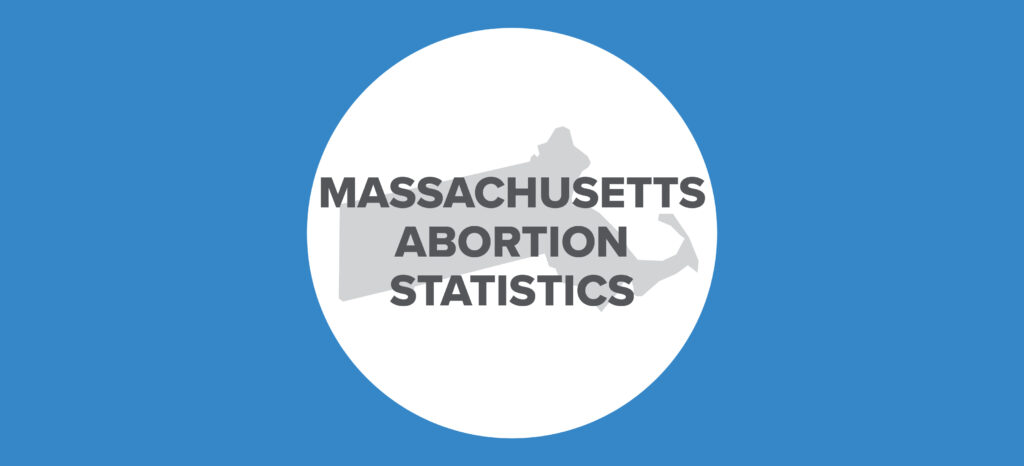Public Health Threat: New York Data Shows Significant Increase in Risky Abortion Method

Multiple Studies Link Abortion Pills to Higher Rates of Emergency Room Utilization and Complications
Washington, D.C. – The most recent New York State Department of Health data shows a significant increase in the use of potentially dangerous abortion drugs, which multiple peer-reviewed studies have linked to higher rates of complications than surgical abortions.
The use of abortion pills (sometimes referred to as “chemical abortion” or “self-managed abortion”) increased more than 15 percent from 2018 to 2019 and now make up nearly 40 percent of abortions in New York.
“Separate peer-reviewed studies from California, Finland, and Sweden demonstrate that complications are several times more frequent in chemical than surgical abortions,” noted Tessa Longbons, Charlotte Lozier Institute’s (CLI) senior research associate and author of a new analysis on New York abortion data. “Following the science, a 15 percent year-over-year increase in the use of abortion pills is likely to lead to a significant increase in Empire State women and teenage girls experiencing serious complications.
“Our analysis also found that there are at least three websites mailing abortion pills to New York women without requiring any sort of in-person, telephone, or video consultation with a medical professional.”
A groundbreaking national study published in November 2021 by CLI scholars found that the rate of abortion pill-related emergency room visits increased over 500 percent from 2002 through 2015 (the most recent data available).
A follow-up study this year found that if a woman’s abortion pill-related complications are miscoded by emergency room personnel as a natural miscarriage, she is:
- Twice as likely to be admitted for surgery for retained products of conception; and
- At significantly greater risk of multiple hospital admissions for treatment of the same complication.
Major media outlets, including New York magazine and Daily Kos, have recently published pro-abortion articles encouraging women to “avoid mentioning abortion, and the pills, entirely” should they go to the emergency room due to complications.
Published in the peer-reviewed journal Health Services Research and Managerial Epidemiology, the CLI studies are the first to utilize Medicaid claims data to conduct a 17-year longitudinal analysis of 423,000 confirmed abortions and 121,283 confirmed subsequent visits to an emergency room in the 17 states which use state taxpayer funds to pay for abortion.
Dr. James Studnicki, CLI vice president of data analytics and lead author of the emergency room studies, said:
“This real-world data, based on actual Medicaid claims rather than a sampled survey population, should be a wake-up call to elected leaders, public health officials, and the medical community in New York. The safety of the abortion pill is greatly exaggerated, a deception made possible by the FDA’s decision to stop collecting data on most abortion pill complications back in 2016. Hemorrhage, emergency surgery, near death experience? The FDA doesn’t collect that data, which leaves public health officials in the dark.
“Women are far more likely to visit the emergency room following a chemical rather than surgical abortion. The rate of these emergency room visits is growing remarkably fast. And now New York allows these pills to be mailed to women without even consulting with a physician? This represents a serious public health threat.”
In 2019, at least 1,619 abortions were performed at 20 weeks gestation or later. The actual number of late-term abortions is likely higher, as gestational age was not reported for eight percent of the abortions and abortions performed on women from other states were not included. 47 out of 50 European nations limit elective abortion prior to 15 weeks.
Click here for CLI’s full analysis of New York’s 2019 abortion statistics.
Charlotte Lozier Institute was launched in 2011 as the education and research arm of Susan B. Anthony Pro-Life America. CLI is a hub for research and public policy analysis on some of the most pressing issues facing the United States and nations around the world. The Institute is named for a feminist physician known for her commitment to the sanctity of human life and equal career and educational opportunities for women.
###

























